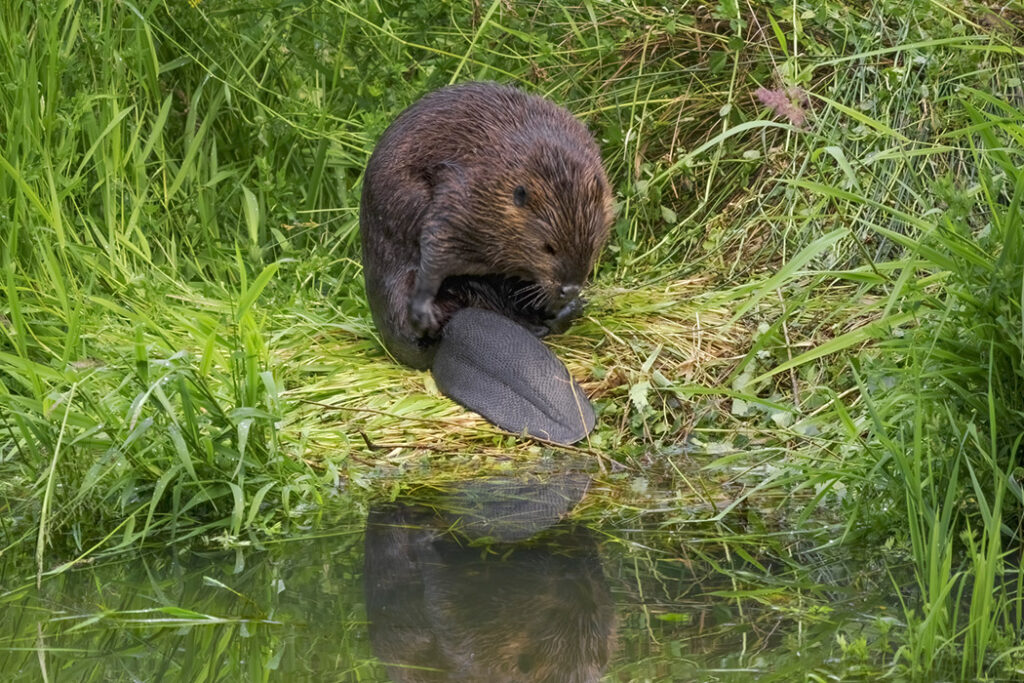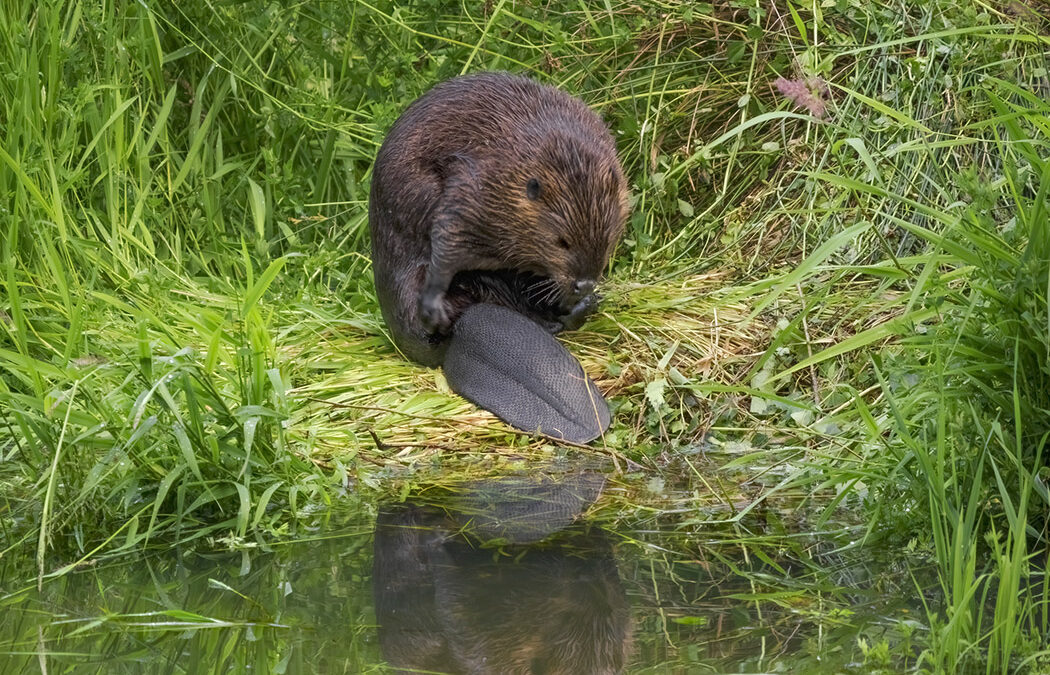
A recent op-ed (September 2, 2024) by Will Marlier challenges the notion that younger generations are “losing touch with nature”. He shares his experiences growing up and enjoying the outdoors in northeastern Vermont in the 2000s. Vermont, which is overall the most rural state and the third-oldest by population, is one of many states with ample opportunities for youth to hike, camp, play, and enjoy the natural world around them. Traditions and values inevitably change as new generations interact with wildlife and the outdoors in different ways, but interest in nature remains strong.
Will Marlier pushes back against the narrative often repeated in the wildlife management community that interest in hunting is waning in general because young/urban people are disconnected from nature and too immersed in their screens. That frequent narrative does not consider the alternative explanation that people have less interest in interacting with nature and wild animals in a consumptive way (i.e., hunting, hounding and trapping). As the writer says, this is not because they are disconnected from nature but because those are their values. He notes that on a national level, interest in activities like birdwatching, hiking, camping, and kayaking are growing in popularity. In contrast, practices like trapping for fur are slowly fading in approval and participation. Because values towards wildlife are shifting, this trend continues despite state wildlife agencies’ efforts to recruit more hunters, anglers, and trappers.
